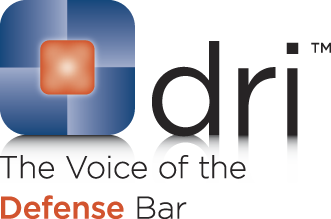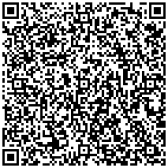 They may not know the name of the law or the details, but employees that qualify are almost universally aware of their right to overtime pay under the Fair Labor Standards Act. 29 USCS §206, 207. The incentive of earning one-and-one-half hour’s pay for one hour of work keeps all such employees’ eyes on the clock for the moment when they pass that magical threshold.
They may not know the name of the law or the details, but employees that qualify are almost universally aware of their right to overtime pay under the Fair Labor Standards Act. 29 USCS §206, 207. The incentive of earning one-and-one-half hour’s pay for one hour of work keeps all such employees’ eyes on the clock for the moment when they pass that magical threshold.
However, some trucking companies enjoy an exemption from having to pay overtime to certain drivers and other transportation safety-related employees. 29 USCS §213(b)(1). When it comes to determining how and when this motor carrier exemption applies, the devil is in the details.
For example, trucking companies must pay overtime to its drivers who operate small trucks; those trucks that are the size of pickups. Trucking companies also have to pay overtime if its drivers operate only in intrastate commerce. However, Congress has seen it appropriate to grant an exemption to motor carriers for the overtime requirement for interstate drivers and many other safety-related employees.
Recently, driver Lepatrick Featherston felt that his company Lazer Spot, Inc. should be paying him overtime pay. He took his complaint to the court.
Driver Featherston is a spotter. A spotter is a person that drives trucks, trailers and equipment to locations where the company needs it. Driver Featherston alleged in his Complaint that he was not an interstate driver because he did not drive his trucks over state lines. Most of his trips were made between an ice cream plant and a warehouse in Las Vegas. He claimed that because he was not crossing state lines that his employer’s claim of overtime exemption was improper.
However, in a recent decision issued by the U.S. District Court for Nevada, the Judge disagreed with the driver’s analysis. Featherston v. Lazer Spot, Inc., No. 2:17-cv-01221-APG-GWF, 2018 U.S. Dist. LEXIS 1450003 (D. Nev. Aug. 27, 2018). The evidence showed that Lazer Spot was a motor carrier licensed with the Department of Transportation and which had authority issued by the Federal Motor Carrier Safety Administration. Thus, the employer was qualified to claim the exemption.
Next, driver Featherston stated that even though his employer was qualified to utilize the exemption, he never drove his truck over state lines. Therefore, the exemption could not apply to him. However, the Court explained even though the driver and his equipment may not have been going over state lines, the goods being transported were in fact in interstate commerce. The judge called it the first leg in a larger interstate shipment of goods. Thus, the activity performed was part of interstate commerce satisfying the second requirement of the exemption.
Finally, Featherston argued that his position as a spotter did not affect the safety or operation of interstate motor vehicles and therefore, the employer could not apply the exemption to him. Again, the Court disagreed explaining that a driver is an individual who affects the safety of operation of motor vehicles and thus all the requirements had been met to apply the exemption. See 29 CFR 782.2.
While every case is different, the result in the Featherston case is the same as the result achieved by Mike Mills of Bauman, Loewe, Witt & Maxwell in the matter of Winston v. Air Truck Express, Inc, No. 2:13-cv-01167-JDA-GWF, 2016 U.S. Dist. LEXIS 9755 (D. Nev. Jan. 27, 2016). In Winston, the Court applied the Motor Carrier Exemption and denied the driver overtime. For Nevada Trucking Law’s take on that earlier opinion CLICK HERE. Mike Mills also acted in a pro hac vice capacity in Featherston case as well.
So if you have questions about trucking law, feel free to contact Mike Mills at 702.240.6060×114 and speak with him.
 Follow
Follow Email
Email


